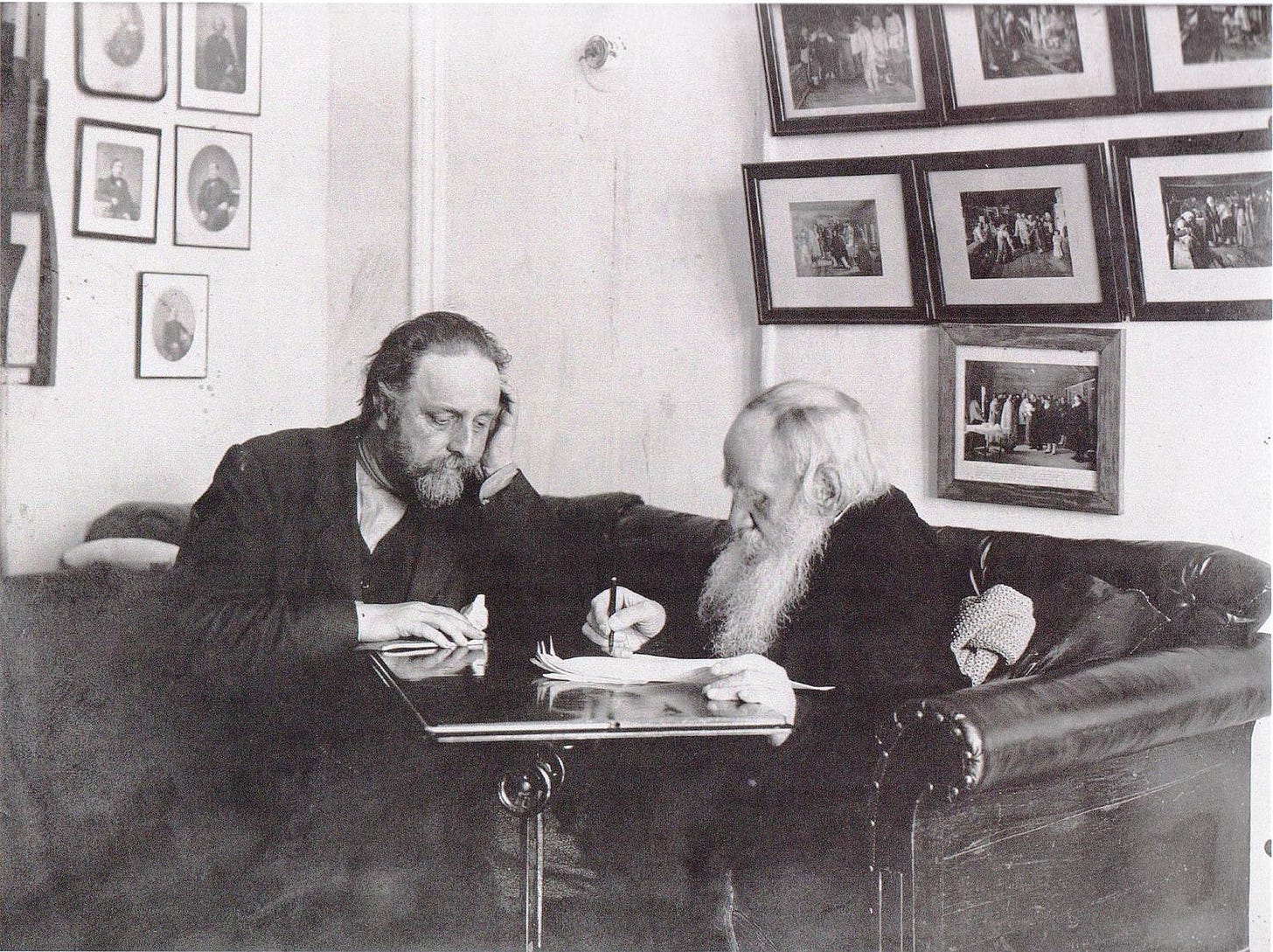A Scrappy Defense of the Novel
John Wilson reviews Joseph Epstein's "The Novel, Who Needs It?"

I wish I could remember what book was the very first novel I read. Alas, I can’t. I do know that among the first novels I read were Gulliver’s Travels, Kidnapped (Robert Louis Stevenson), and a very early entry in the Hardy Boys series. (In my mind’s eye, I can see those books, even the look of the pages.) That Hardy Boys volume, soon to be followed by others, was the first book I bought with “my own money;” I purchased it—I was then nine years old—at Fraser’s Bookstore in Pomona, California (where my mom had worked for a short time some years earlier), the first of many bookshops to leave a lasting memory. Fairly early on, I plunged into paperback “mysteries,” and when I was about ten, I became entranced by science fiction, a phase that lasted roughly five years, then shut off suddenly, like a faucet, only to be resumed when I was thirty years old. (It was then, by the way, that I discovered Philip K. Dick, who became one of my personal favorites and has remained so to this day.) By age 15, thanks to the blessed Pomona Public Library, I was reading Notes from Underground, The Trial, Camus (at the peak of his influence then), and much more in that vein.
The wildly heterogeneous nature of these books should serve as a reminder that accounts of “the novel,” even by gifted commentators, tend to be very partial—a cautionary note that’s underlined when I add that, early on, I read many novels in condensed form in the Reader’s Digest omnibus volumes we regularly received at home.
Not only am I unable to recall with precision the very first novel I read, but I also can’t remember the first book about “the novel” I read, whether “literary criticism” or “literary history.” I do know that before I started college, I had begun to devour such books—and reviews, a form that entranced me. Somewhere along the line I took advantage of an absurdly low-priced four-year subscription offer from Saturday Review (a venerable magazine which, unknown to me, was in dire straits). There was a columnist for SR who wrote regularly about books from outside the US (almost entirely, perhaps exclusively, from Europe). It was in one of his columns that I first heard of Peter Handke, then an enfant terrible, a writer I came to greatly admire.
These memories—I could ramble on and on—are occasioned by reading Joseph Epstein’s just-published book The Novel, Who Needs It? If, like me, you are an incorrigible reader of novels, you should make haste to acquire it, provided that you are not among those simply allergic to Epstein. I recommend it particularly to readers below the age of forty, who will get from it an angle on “the novel” quite different from most current accounts.
Epstein is even more of an old codger than I am (he’s 86 to my 75), and a very distinguished codger indeed—a writer who, long before he reached eminent old age, perfected a persona designed to enrage what we now think of as “woke” sensibilities. I have been reading him with profit for decades while quite often disagreeing with him.
So it is with this new book. Why does he insist on elevating the novel above all other literary forms? This seems (to me) just as silly as making such claims for poetry. Why are there so many sententious bits here? Chapter 14 begins thus: “What we hope for from a novel is that, somehow, reading it will broaden our experiences, sharpen our perceptions, make us a bit wiser about the world.” This from a writer who often brings the word “waspish” to mind in his judgments of novelists outside his personal pantheon. Weird. But if you want to read Epstein (and I do), you have to be prepared for such disjunctions.
This is a very scrappy book, including, for instance, a digression on “the graphic novel” (Epstein loathes it), bland pronouncements (“What novels are ‘here to stay’ becomes a more and more complex question as contemporary publishing itself becomes more complex”), delicious appreciations of his favorites (he’s wonderful on Tolstoy, for instance, even if a bit over the top), sharp critiques (of the “sanctimony novel,” for instance), and much more. Most readers besotted with “the novel,” as I am, will get their money’s worth. Not even the reference to “Edgar Allen Poe,” no doubt an editorial blunder, which must have rankled Epstein when he saw the finished book, can spoil it.
Looking ahead, I want to recommend a book to fellow readers of spy-fiction (a genre that gets short shrift, alas, in Epstein’s reckoning). David McCloskey’s second novel, Moscow X, due in October from Norton, is superb, not least in shedding light on what’s happening behind the scenes in Russia. I reviewed his first novel, Damascus Station, here, and I’m already looking forward to his third. If you do read Moscow X, let me know what you think.





Welcome Mr. Wilson.
I thought “wow, Micah is on to something with that cycling—he sure doesn’t like 75.”
A superb review; not just the subject, the writing with insight and understanding.....Thank you